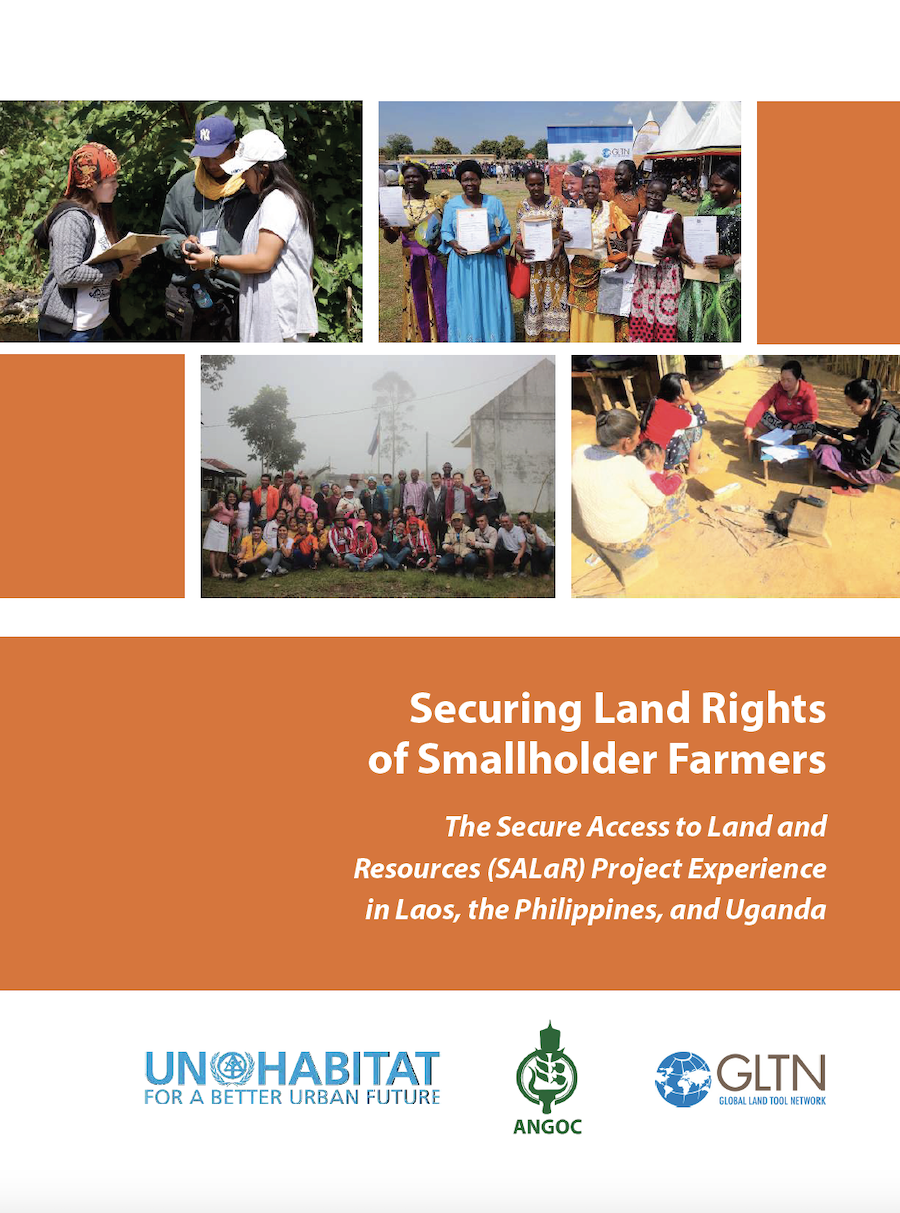A Practical Guide for Country-Level Intervention
Land use planning is rarely a neutral process. Stakeholders often use it to control access to, ownership
of and use of land. It is therefore essential to have a participatory tool (with constantly counterchecked processes) and flexible monitoring approaches to ensure sustainable land use and secure
land tenure. The Practical Guide presents a unique approach to simultaneously addressing land
use and tenure security challenges at the country level. The information and processes presented







